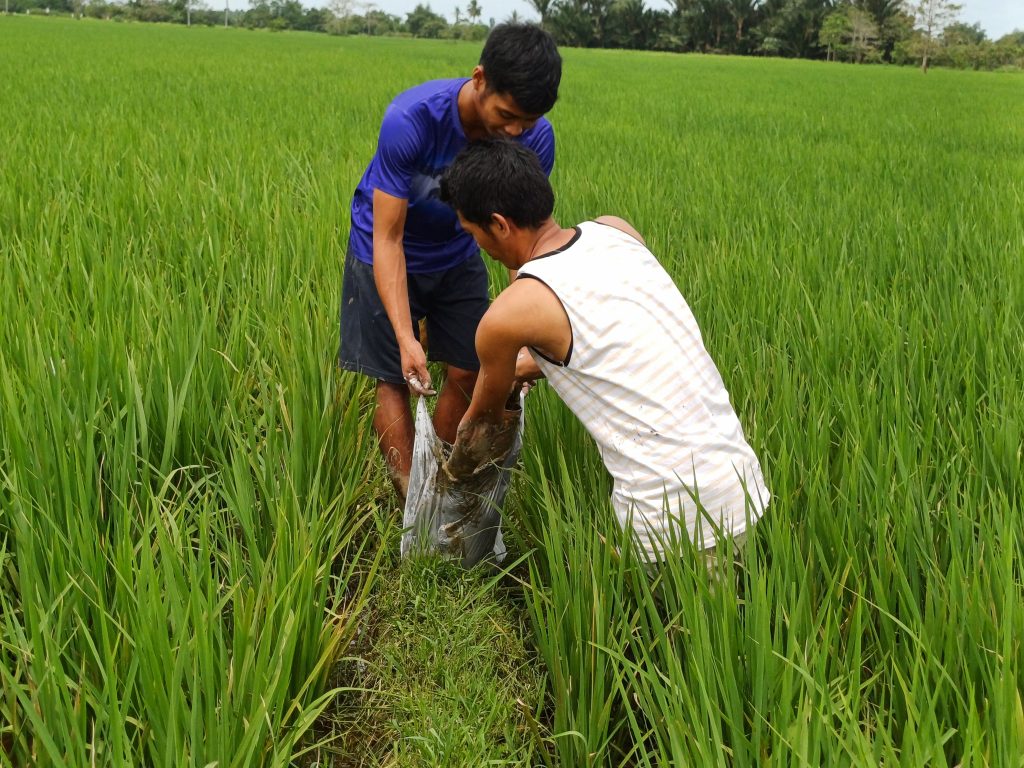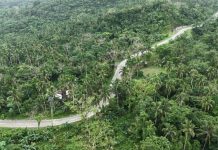
Green Carbon, Inc., a Japan-based firm, through its Philippine subsidiary, Verde Carbon Capture, Inc. collaborated with the provincial government of Leyte, through the Office of the Provincial Agriculture, to implement a methane reduction project aimed at revolutionizing rice farming in the province. The initiative introduces the Alternate Wetting and Drying (AWD) technology—a water-saving method that helps farmers reduce irrigation water use without compromising rice yield.
The AWD project has its pilot implementation in Santa Fe, Leyte, for the 2025 dry cropping season involving a 10-hectare demonstration site of Victor Romualdez, Jr, a rice seed grower. There will be an additional 1,000 hectares expansion for the upcoming wet season in targeted municipalities. Ultimately, it aims to cover a total of 40,000 hectares of lowland irrigated rice fields across Leyte.
Mr. Hamsha R. Saz, Project Development Manager for the Philippines, said that Leyte was chosen as one of the top project sites due to its vulnerability to climate change—most notably the devastation caused by Super Typhoon Yolanda (Haiyan), which claimed numerous lives and caused extensive damage to property and livelihoods, particularly in agriculture. This technology is expected to be a game-changer in rice cultivation, aiming to increase farmers’ productivity while enhancing their skills and capacities. In addition to supporting local agricultural development, the project addresses global environmental challenges by promoting sustainable farming practices and generating carbon credits.
Provincial Agriculturist Imelda Sievert disclosed that the collaboration with Green Carbon, Inc. is a well-timed initiative for Leyte farmers seeking rice production technologies with no added strain on the environment, minimal vulnerability to climate-related risks, and without affecting their harvest.
A significant aspect of this partnership is that the Provincial Government will not incur any costs for the project. Green Carbon Inc. will cover all expenses. In return, the Provincial Government will provide necessary data, identify suitable sites, and coordinate with the Municipal Agricultural Officers (MAOs) of each participating municipality to connect with local farmers. (PR)



